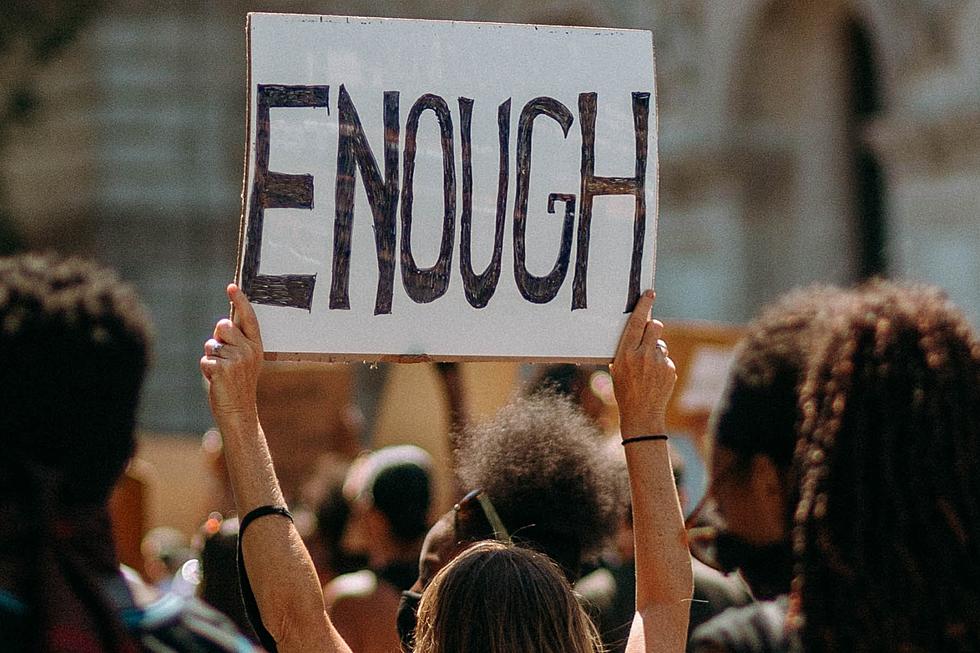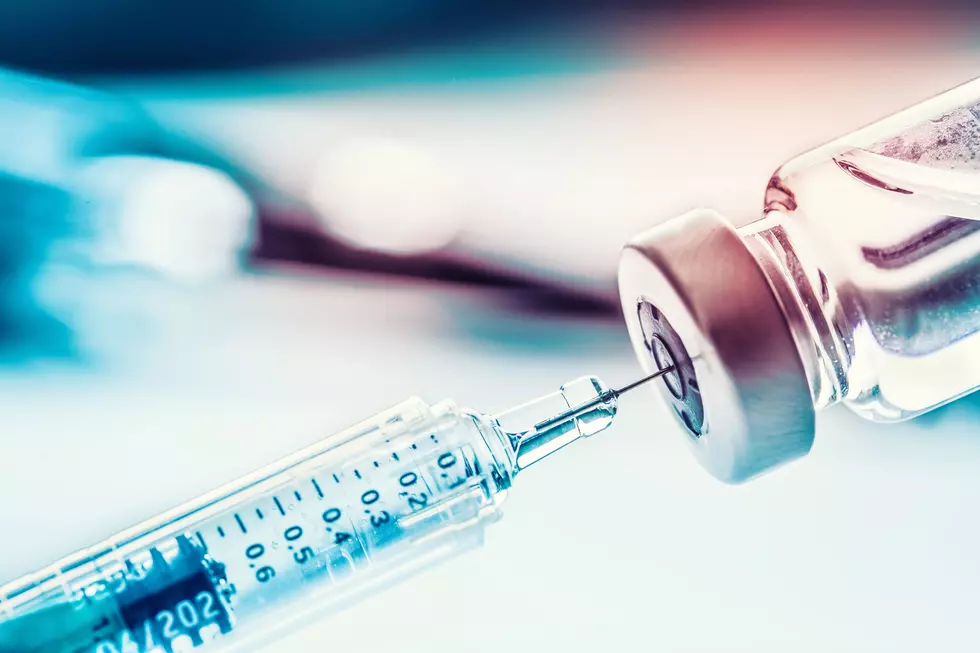
Maine Kids are Back on the Field, What You Should Know About Concussions.
Contact sports can result in head injuries and concussions. A blow, jolt or violent shaking of the head can lead to the brain's normal functions being affected. Not all concussions result in a loss of consciousness, so it's important to get checked out after any form of head trauma.
Symptoms of a concussion may not appear right away and they show themselves in different ways:
- Mentally: Inability to remember or think clearly, feeling slowed down, a hard time concentrating and confusion.
- Physically: Headache, blurred vision and unusual eye movements, dizziness, nausea or vomiting, fatigue, seizures, sensitivity to light, sound, noise or smells.
- Emotionally: Nervousness, anxiety, easily irritated, anxiety, abnormal sleep patterns.
Some concussions are worse than others, and a new study shows that if there is a mild concussion some of the things we've previously been told can do more harm than good.
- Unless your Dr. tells you to, DON'T wake up the person trying to recover. Sleep is very important and waking them can prolong their symptoms.
- If someone hits their head and feels sleepy go straight to the E.R..
- Let their brain rest without intense stimulation from T.V. or computers for a day or two. However, don't take away electronics indefinitely, the person can become isolated and stressed and spend too much time thinking about their symptoms.
- Light exercise is usually fine, as long as they are careful not to hit their head again.
Protect your noggin, be careful out there!
Celeste
More From









